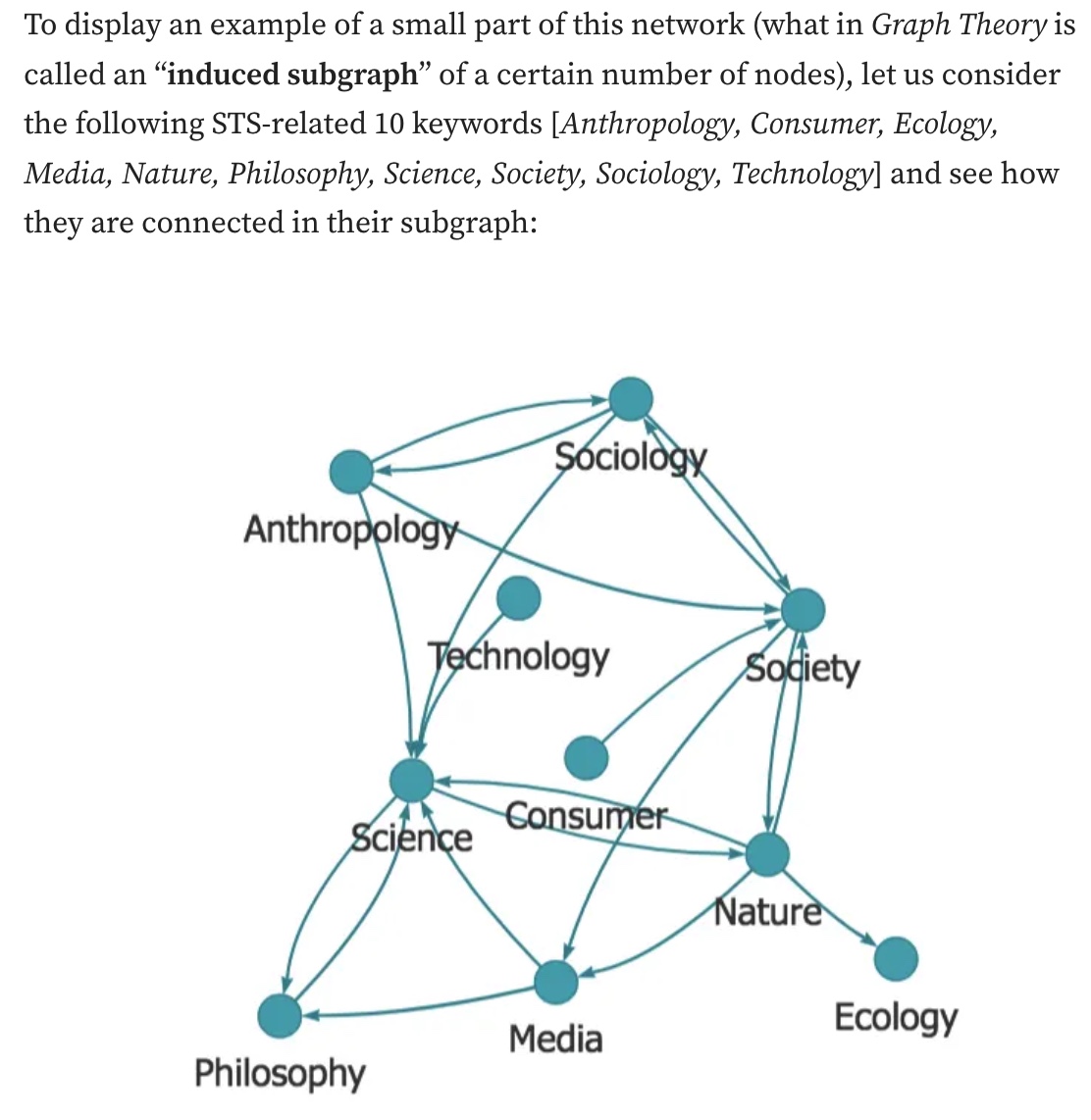Keywords 30ix25
A bunch of links to sort out and integrate into /Key
Keyword Wikipedia
Keywords: A Vocabulary of Culture and Society Raymond Williams Wikipedia
Keywords Project upitt.edu
Raymond Williams and Keywords
Raymond Williams's Introduction to the First Edition (1976) of Keywords
Nature from Keywords carbonfarm.us (pdf)
Routledge Revivals
Keywords
First published in 1976, Keywords is neither a defining dictionary, nor a
specialist glossary. It is the record of an inquiry into a vocabulary: a
shared body of words and meanings concerned with the practices and
institutions described as 'culture' and 'society'.
In a series of connecting essays, Raymond Williams investigates how
these 'keywords' have been formed, altered, redefined, influenced,
modified, confused and reinforced as the historical contexts in which
they were applied changed to give us their current meaning and significance.
Keywords extends Raymond Williams' previous work to study the
actual language of cultural transformation.
Keywords as method Marie Moran
European Journal of Cultural Studies (2021)
...sketches a way of developing the keywords approach
as a method of sociocultural analysis. Drawing on some practical examples, it offers
'keywords-as-method' as a means of carrying out a historicist and materialist study of
the relationship of linguistic to social change, that goes beyond the simple glossary
of terms approach that has thus far limited the explanatory and critical potential of
Keywords
...a valuable inventory of powerful, complex and ideologically loaded words associated with and
illuminative of the context with which they are bound up, showing how our everyday
vocabulary often works to naturalise or promote class interests and other relations of
inequality. But, in emulating closely the format of the original — a short introduction plus
how-to-use guide, followed by alphabetically arranged entries for consultation — many of
these newer texts do not, to my mind, fully realise the unique promise of Keywords. That
promise was to explore, not just the ideologically inflected meaning change of individual
words, but the whole way in which language change generally, and meaning change
specifically, forms part of and provides insight into the nature of social and cultural trans-
formation.
(from the bibliography)
Burgett B and Hendler G (2007) Keywords for American Cultural Studies. New York: New York
University.
Durant A (2006) Raymond Williams's keywords: Investigating meanings 'Offered, Felt for,
Tested, Confirmed, Asserted, Qualified, Changed'. Critical Quarterly 48(4): 1–26.
Garrett PM (2018) Welfare Words. London: Sage.
Levine A (2007) Political Keywords: A Guide for Students, Activists and Everyone Else. Oxford:
Blackwell.
Parker I (2017) Revolutionary Keywords for a New Left. Winchester: Zero Books.
Smith R, Vromen A and Cook I (2006) Keywords in Australian Politics. Cambridge: Cambridge
University Press.
Wolfreys J (2004) Critical Keywords in Literary and Cultural Theory. Basingstoke: Palgrave
Macmillan.
The graph of Raymond Williams' Keywords Moses Boudourides at Medium
...Williams' main intention was not so much to cast the etymological or historical origins of these keywords, but to understand how society gives them new meanings and how such semantic transformations are shaped by various political and cultural societal processes.
My aim here is to extract and analyze the network of the 131 Williams' keywords. Since, in Williams' short essays (and notes) following each of these keywords, there are also other keywords which are mentioned (and thoroughly discussed in their own short essays), clearly, the resulting formal (mathematical) representation is that of a directed graph composed of 131 nodes (i.e., Williams' keywords). Whenever in the short essay of keyword A, keyword B is also mentioned or cited (internally to Williams' book), a link directed from A to B is added in the formed graph. For obvious reasons, I will be referring to such links (among nodes of the graph) as mentions or internal citations (among keywords). As a matter of fact, Williams' book contains 2146 such mentions (among 131 keywords) as the edges of the keyword-net of the book.

Keyword: Culture Ben Peters at culturedigitally.org (2016) (via Digital Keywords: A Vocabulary of Information Society and Culture.)
Culture is a keyword among keywords for Raymond Williams, who contributed to the founding of cultural studies in the 1960s and 1970s. It is among the most common ways to talk about how we talk. In the essay below, one of Williams' most careful readers, Ted Striphas, offers a sensitive update to Williams and a wide-ranging intellectual history, describing how culture has coevolved with the digital turn since the end of World War II. No longer an antithesis to technology, culture has recently interpenetrated with the computational (e.g., digital humanities, culturomics, and big-data-driven cultural studies).
Keywords: Raymond Williams and Others
Annabel Patterson (2004) via Project Muse, from English Studies in Canada
About this project John Patrick Leary Keywords: The New Language of Capitalism
"Keywords for the Age of Austerity" is a series on the vocabulary of inequality. Certain words, as Raymond Williams wrote in his 1976 classic Keywords: A Vocabulary of Culture and Society, bind together ways of seeing culture and society. These shared meanings change over time, shaping and reflecting the society in which they are made. Some of the words I will consider here are old, seemingly innocent terms that have acquired a particular fashion or developed a particular new meaning in recent years; others are recent coinages. All of them relate to affinity for hierarchy and a celebration of the virtues of competition, "the marketplace," and the virtual technologies of our time. This series will explore the historical meanings embedded in these words as well as the new meanings that our age has given them.
(see also Table of Contents)
